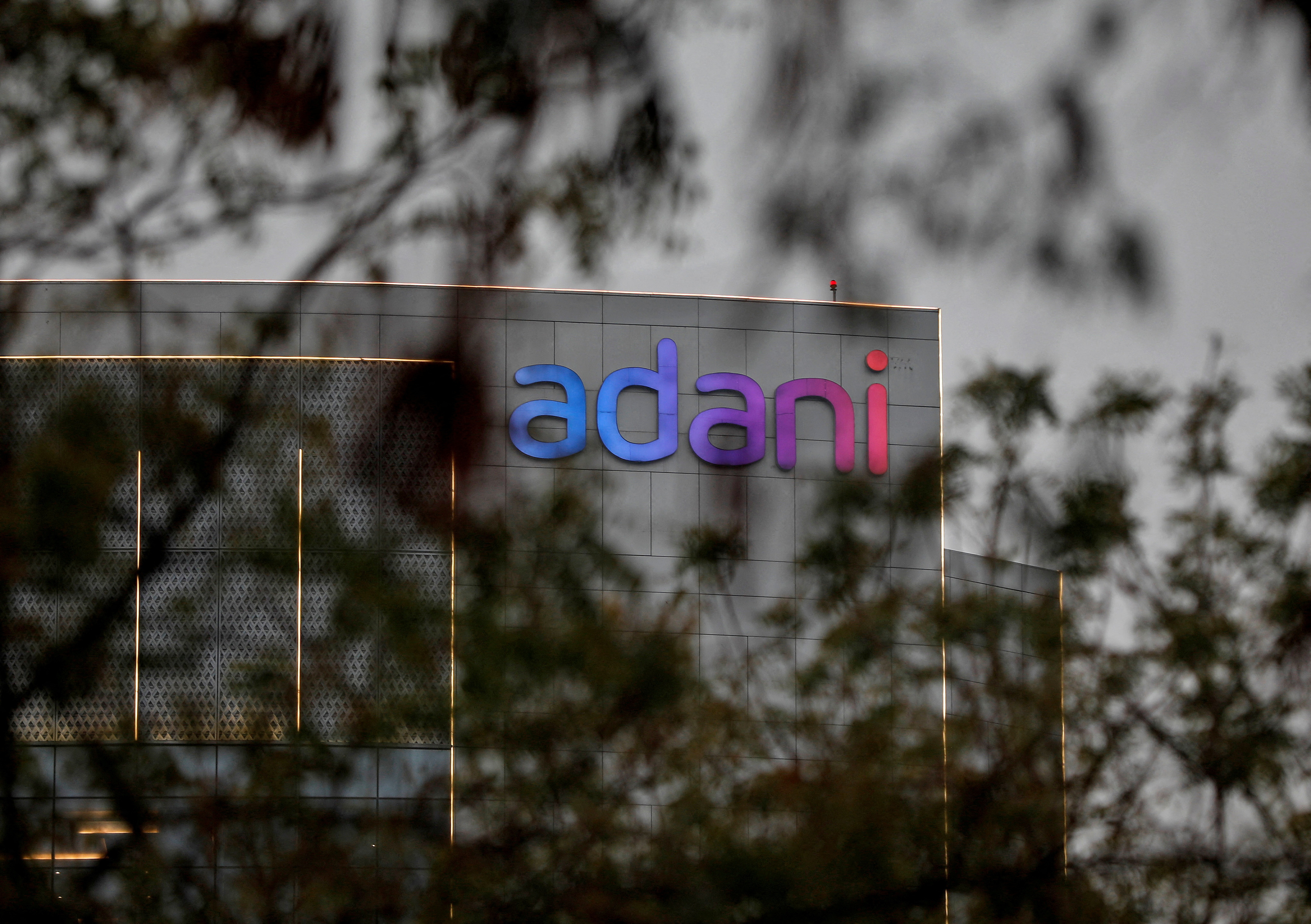A $2.5 billion share sale by India's Adani Enterprises (ADEL.NS) remains on schedule at the planned issue price, the company told Reuters , while sources said bankers were considering changes due to a market rout in the group's shares.
Bankers on the deal were considering extending the sale or cutting the issue price after shares of Adani plunged following a report from a U.S. short seller, three people familiar with the matter told Reuters on Saturday.
Adani Group in a statement said: "There is no change in either the schedule or the issue price."
"All our stakeholders including bankers and investors have full faith in the FPO (Follow on Public Offer). We are extremely confident about the success of the FPO," it said.
Seven listed companies of the conglomerate controlled by one of the world's richest men, Gautam Adani, have lost a combined $48 billion in market value since Hindenburg Research on Tuesday flagged concerns about debt levels and their use of tax havens.
Sources had said that among the options the bankers were considering included extending the Tuesday subscription closing date by four days.
Friday's 20% fall in shares of group flagship Adani Enterprises dragged it 11% below the minimum offer price of the secondary sale.
On the first day of retail bidding on Friday, the issue attracted around 1% of its targeted number of subscribers, raising concerns over whether it would be able to proceed.
The other option being considered by bankers is lowering the price, the sources said, with one saying it could be cut by as much as 10%.
Adani had set a floor price of 3,112 rupees ($38.22) per share and a cap of 3,276 rupees - well above their close at 2,761.45 rupees on Friday.
"Revision in price band or time extension of public issue can technically be undertaken with a newspaper advertisement and issuing an addendum," said Sumit Agrawal, managing partner at Regstreet Law Advisors and a former officer of the Indian capital markets regulator.
The sale is being managed by Jefferies, India's SBI Capital Markets, and ICICI Securities, among others. They did not immediately respond to requests for comment.
The Hindenburg report questioned how the Adani Group used entities in offshore tax havens such as Mauritius and the Caribbean islands.










